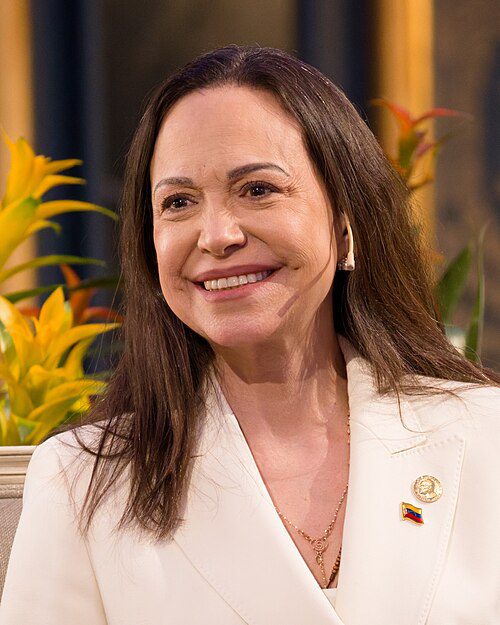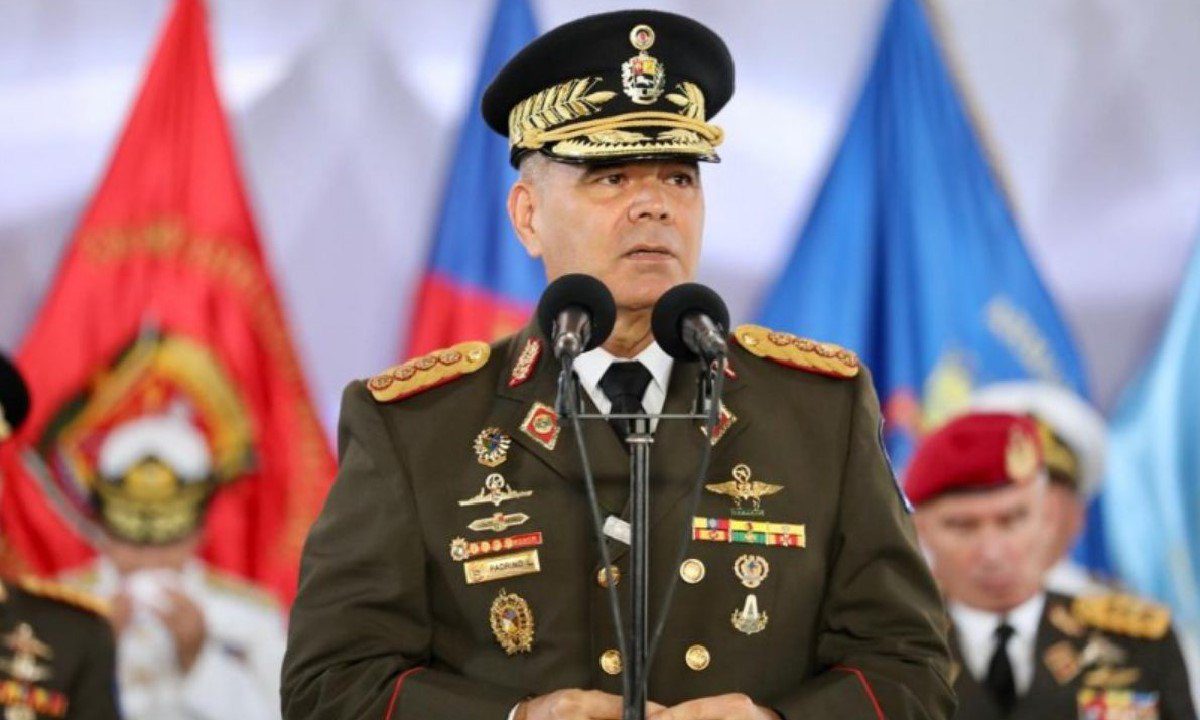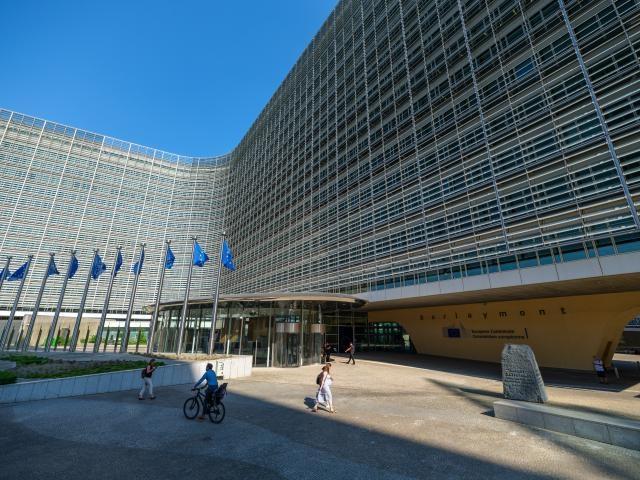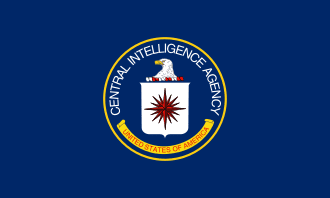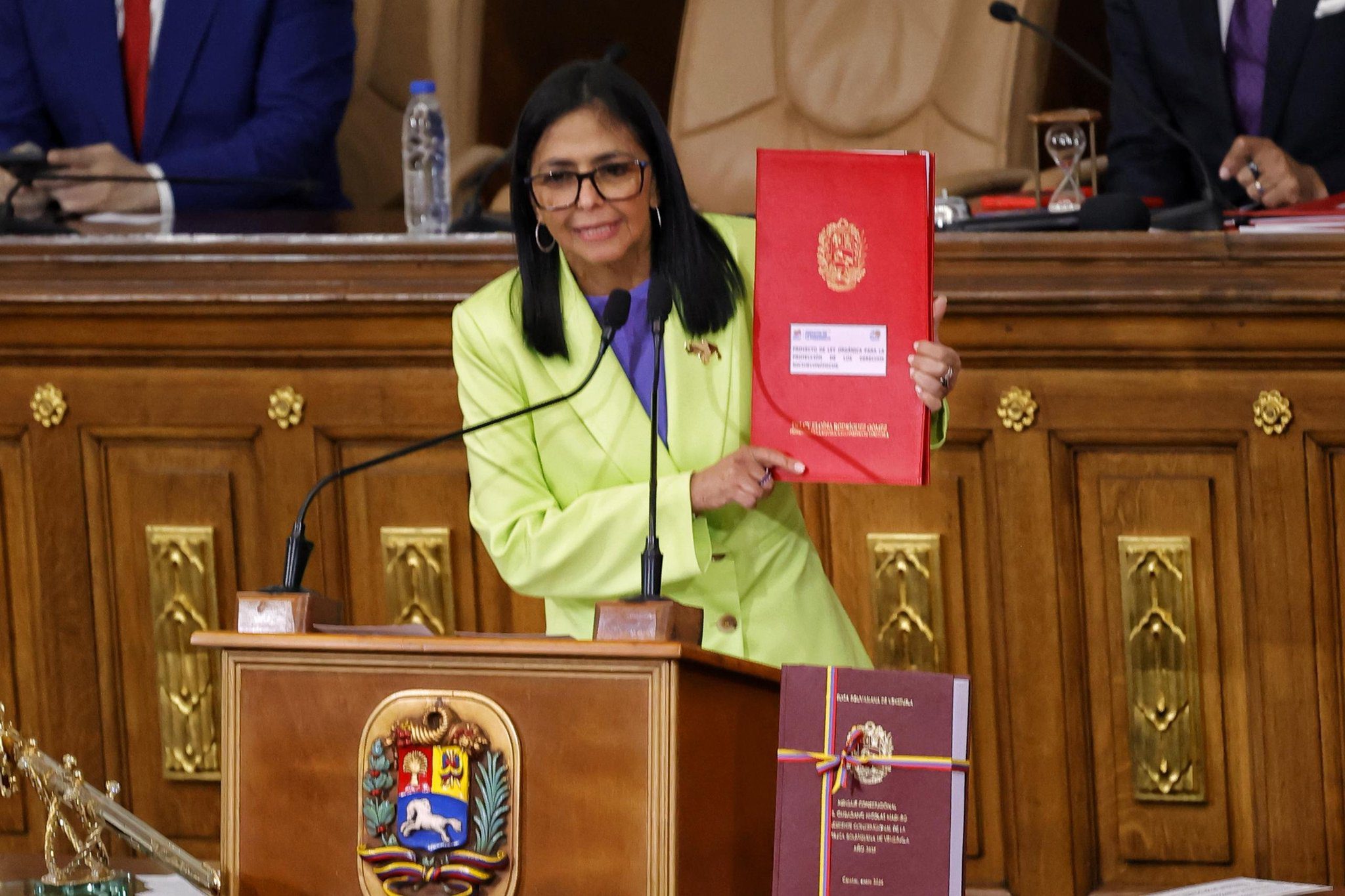Rosneft embodies a geopolitical logic that challenges the Western normative monopoly over energy. Photo: Rosneft Photo Gallery
Guacamaya, June 26, 2025. From St. Petersburg, Igor Sechin outlined a multipolar energy geopolitics where the Global South is indispensable for global energy security. Venezuela is reaffirmed as a strategic actor after years of sanctions.
At the 28th St. Petersburg International Economic Forum, Rosneft CEO Igor Sechin delivered a speech reshaping the global narrative on energy and power. Titled *“The Global Economy’s Odyssey for the Golden Fleece,”* his address proposed a strategic vision in which Russia, Iran, and Venezuela form an indispensable axis to ensure planetary energy security.
Sechin harshly criticized the international economic order, especially dollar hegemony, the instrumentalization of sanctions, and what he called the “mirage” of the energy transition promoted by the West. In his view, the attempt to hastily replace fossil fuels with renewables lacks sufficient technical and economic backing and threatens to destabilize the material foundations of global development.
“Renewables account for barely 6% of global energy consumption, despite $10 trillion invested over the last decade. The ‘net zero’ dream is a costly chimera,” declared Sechin, citing scientific studies downplaying CO₂’s role in climate change while championing nuclear energy’s revival and coal’s strategic value.
Venezuela: A Piece in Rosneft’s Energy Architecture
One of the speech’s key moments was the explicit mention of Venezuela as a pivotal actor in the new energy balance. Sechin stressed that Russia, Iran, and Venezuela hold one-third of global liquid hydrocarbon reserves and 15% of worldwide production. “No secure energy architecture is viable without these countries,” he asserted.
The reference is not merely rhetorical. Until 2020, Rosneft was the primary international partner of Petróleos de Venezuela S.A. (PDVSA). Its involvement in joint projects allowed the Caribbean nation to partially mitigate the impact of sanctions imposed by the Trump administration, which sought to financially suffocate Caracas.
In this sense, it is fair to say Rosneft was a critical lifeline for PDVSA’s operational continuity during peak international pressure. Without our cooperation, Venezuela would have faced even greater challenges in maintaining production and export capacity.
Sechin also noted the participation of Delcy Rodríguez, Venezuela’s Vice President, at the forum, signaling mutual interest between the nations. His speech is part of Russia’s broader strategy to build a coalition of countries impacted by sanctions and exclusion from the Western financial system. The goal is not to replace the existing order but to challenge who holds authority and how the system should function.
Counter-Hegemonic Energy and the Global South
Sechin’s speech aligns with Russia’s broader effort to lead an informal coalition of nations sanctioned, excluded, or marginalized by the Western financial and energy system. The proposed model does not seek to overthrow the current order but to contest the monopoly on legitimacy and functionality. In this vision, countries like China, India, and Southeast Asian nations also play key roles as poles of consumption, investment, and technological development.
While the European Union grows increasingly dependent on energy imports at soaring prices—”five times higher than U.S. prices,” Sechin noted—countries like China lead in energy storage, nuclear power, grid investment, and, paradoxically, new coal plants. “Energy pragmatism will prevail over climate dogmatism,” he warned.
The Message Behind the Myth
The speech’s title was no accident. “The Odyssey for the Golden Fleece” evokes not only a journey but also a warning: according to Sechin, prosperity achieved through deceptive means—like weaponizing the dollar or imposing energy sanctions—will bring neither stability nor justice.
“The miracle will not happen. Yet despite unprecedented external pressure, we reaffirm that our cause is just,” he concluded, invoking a 1941 Soviet-era speech as a declaration of strategic resistance and determination.
His remarks expand the rhetorical foundation adopted by the Kremlin since the Ukraine War’s outset—a narrative Miraflores Palace (Venezuela) has also embraced.
Where Does Venezuela Stand in Rosneft’s New Energy Map?
This speech confirms Venezuela remains a relevant player in global energy politics—not for its current output but for its potential and alliances. Sechin’s narrative restores centrality to PDVSA at a time when the West seeks alternatives to Russian crude, and the U.S. reshapes its domestic energy policy amid Middle East tensions and the Ukraine War’s threat to energy stability.
The Caracas-Moscow alliance, despite setbacks since the 2020 sanctions, appears to regain momentum as part of a bloc repositioning the Global South as a strategic resource supplier.
For years, Russia and Venezuela have faced mounting international pressure on their oil industries, primarily from Western sanctions. In response, both have developed convergent strategies to circumvent restrictions, relying on a network of key geopolitical allies like China, Iran, India, Turkey, and Qatar. These partners continue purchasing their oil—often through alternative mechanisms and parallel markets at discounted prices.
The Rosneft Model: Alliance with Qatar as a Sanctions Shield
A core element of Moscow’s resilience architecture has been Rosneft, Russia’s state-owned oil giant and one of the world’s largest producers. Since 2016, Qatar’s sovereign wealth fund (QIA) became its top foreign investor after acquiring—alongside Glencore—a 19.5% stake in the company. QIA is a key shareholder, filling the void left by Western capital post-sanctions. This move solidified Doha’s influence over Rosneft’s strategic decisions while enhancing Qatar’s role as a mediator between adversaries like Russia, the EU, and the U.S.
A key nuance for Venezuela: Qatar has not only invested in Rosneft but also served as a diplomatic bridge for Nicolás Maduro to the West, particularly Washington. Its role as a silent mediator has enabled discreet channels amid Caracas’s diplomatic isolation. This intermediary position allows Doha to act as both geopolitical facilitator and financial player in the global energy arena.
Rosneft and CITGO: A Crucial Precedent
Rosneft once controlled shares in PDVSA’s U.S. subsidiary, CITGO—a flashpoint in the Caracas-Washington conflict. This stake, collateralized in financing deals, posed a strategic threat to the U.S., implying a Russian state firm could access critical energy assets on its soil. Though dismantled under sanctions, the episode left a lasting mark on perceptions of geopolitical risk around Venezuelan oil.
Russia’s experience with sanctions—and its ability to reorganize trade, financing, and alliances—has been closely studied in Caracas. Moscow was a lifeline for Venezuela during Trump’s first term, with Rosneft acting as an outlet for Venezuelan crude. After the Ukraine War began in 2022, Russia deepened its evasion tactics, creating an alternative energy system based on triangulated sales, ghost fleets, and intermediary networks.
This model has let Moscow sustain exports despite financial isolation—a precedent Venezuelan authorities monitor closely amid the 2025 revival of U.S. “maximum pressure” policies. The return of Trump-era isolation strategies reignites the need to anticipate escalating restrictions, making Rosneft’s blueprint—as both energy operator and political actor—a strategic reference.
Context: Why Venezuela Mattered to Rosneft in Germany and European Energy Security
One of the lesser-known but strategically vital episodes in Venezuela-Russia-Europe energy ties dates to 2010, when PDVSA sold its 50% stake in Ruhr Oel GmbH to Rosneft for $1.6 billion. The deal was part of Venezuela’s restructuring of international assets amid Hugo Chávez’s push toward non-Western oil partners.
Ruhr Oel’s refineries—in Karlsruhe, Schwedt, Gelsenkirchen, and Neustadt—had a combined capacity near 1 million barrels per day, making them central to Germany’s refining system. Through this acquisition, Rosneft tightened its grip on the European market while inheriting Venezuela’s foothold in the continent’s industrial heartland. It was, in many ways, a handover between allies under the logic of energy resistance against Western power—a prelude to what Sechin termed “counter-hegemonic energy.”
This move let Russia expand its energy influence beyond direct gas or crude supply into processing and distribution within a key EU market. For over a decade, Rosneft operated discreetly in Germany—until the 2022 Ukraine War upended the landscape. That year, Berlin seized Rosneft Deutschland’s assets, including the former Ruhr Oel refineries, citing energy security and strategic autonomy. This marked a rupture in German energy policy, shifting from reliance on Russia to dismantling its presence in critical infrastructure.
The historical irony is palpable: refineries once Venezuelan, then Russian, may now pass to Qatar—a rare discreet interlocutor between Maduro and Washington. This sequence shows energy infrastructure is more than industrial assets: they are platforms of influence, channels of power, and symbols of strategic autonomy.
The Rosneft-Venezuela relationship, viewed alongside operations like Ruhr Oel and Russia-Qatar-West triangulation, reveals the depth of a global energy system realignment. Here, Venezuela is not just a sanctioned exporter but an actor contributing assets, experience, and alliances to a logic of resistance now projecting across multiple fronts.
The Moscow-Caracas energy alliance took new forms after 2020 U.S. sanctions forced Rosneft’s formal exit from Venezuela. Yet as Igor Sechin noted at the 28th St. Petersburg Forum (2025), that cooperation left structures, lessons, and ties that remain active under new configurations. Venezuela has followed Russia’s evasion model, closely observing Moscow’s parallel oil financing and trading systems since the Ukraine War began.
More than a company, Rosneft embodies a geopolitical logic challenging the West’s normative monopoly on energy. Sechin’s 2025 St. Petersburg Forum address is not just a technical defense of oil as an indispensable resource—it is an invitation to reconfigure the international energy system on new foundations. For Venezuela—a sanctioned nation with vast reserves and key alliances—understanding and adapting this model is not merely convenient: it is existential. In Rosneft’s envisioned framework, Venezuela is a vital actor that must undertake reforms to align with Moscow’s geopolitical objectives. Together with allies, they are gradually shaping an ever-widening axis of cooperation among sanctioned nations within an increasingly fragile international order. Consequently, the less engagement and presence the West—especially the U.S. and EU—maintains in Venezuela, the likelier this alternative path becomes for Caracas and its leadership.


